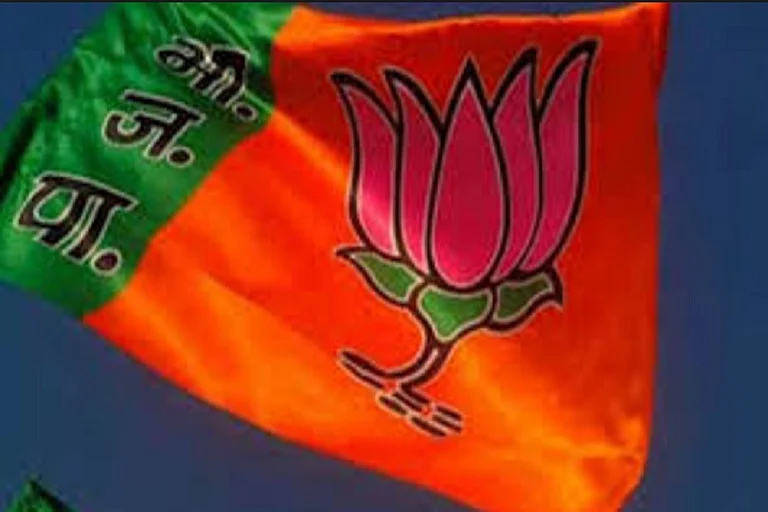Are Indian leaders afflicted by plain mid-summer madness or is there a method to it? Consider the following sequence of events. Ram Jethmalani, the severest critic of the Bofors deal, who put 10 accusatory questions to Rajiv Gandhi daily, suddenly somersaults to support Sonia Gandhi.
Sonia Gandhi, with a Christian spirit of forgive-and-forget, overlooks the past and welcomes Jethmalani. She offers Congress support for Jethmalani's candidature against Prime Minister Vajpayee from Lucknow.
Asian Age editor M.J. Akbar, a member of Jethmalani's close-knit Kashmir Committee, sends for no apparent reason his star correspondent to Stockholm to investigate Bofors. She reports nothing new. But the reports are headlined on the front page. L.K. Advani goes to town with these recycled reports. Advani, after all, is Jethmalani's pal.
The BJP's attacks on Sonia give Jethmalani his excuse. Like a gallant knight, he springs to defend the damsel in distress. Instead of putting 10 questions to Sonia, he now presumably offers 10 suggestions everyday.
On April 11, Jethmalani tells the press that if the BJP did not stop attacking Sonia he would reveal something that would "implicate" the prime minister. He said: "I too will say something from which the Prime Minister and his cabinet colleagues will not remain unaffected." When pressed for details, he said he did not want to break the bond of friendship with the PM. "Let the time come," he warned. This sounded like unabashed blackmail. If Jethmalani has damaging information against the PM, it becomes his moral duty to take the public into confidence. Or does friendship with the PM outweigh commitment to the nation?
One expected the PM to challenge Jethmalani to reveal what he knew. Instead, three days later the PM publicly grovelled. He apologised for past criticism of Jethmalani by his colleagues. He recalled old ties and urged Jethmalani to withdraw from the contest.
Jethmalani flew to London. First he withdrew. Then he didn't. He said: "Friendship isn't a one-way street." Meaning the PM couldn't deliver the quid pro quo? The nation watched with fascination this blackmail game being publicly played. Were there serious negotiations behind the curtain? If so, it failed. Congress supporters mocked Vajpayee for his "emotional blackmail". They overlooked Jethmalani's non-emotional blackmail.
Two questions come to mind. What was the quid pro quo that Jethmalani sought? Something to do with Bofors, Telgi, or what?
The second question is even more critical. If the PM can indeed be pressured by threats of exposure, does he not become a security risk?
(Puri can be reached at rajinderpuri2000@yahoo.com.)






















